|
|
|
Editor's note
|
|
Burundi has voted on whether to extend presidential terms from five years to seven. The referendum is part of a worrying trend in Africa, warn Cheryl Hendricks and Gabriel Ngah Kiven, as leaders increasingly opt to simply ignore term limits, or try and get them changed. And Mimmi Söderberg Kovacs, Angela Muvumba Sellström and Jesper Bjarnesen explain why the Burundi
vote is a serious threat to the country’s democracy.
South Africa’s President Cyril Ramaphosa is putting a great deal of effort into rebuilding South Africa’s economy. But he faces a challenge on an external front: the country’s relations with the US are showing signs of strain. John J. Stremlau doesn’t expect this to change any time soon, but believes South Africa should find clever ways of managing the situation. Closer to home, the country’s new president is trying to deal with a regional strongman. Steven Friedman explains what lies behind the impasse.
|
Natasha Joseph
Science & Technology Editor
|

|
|
Top Stories
|
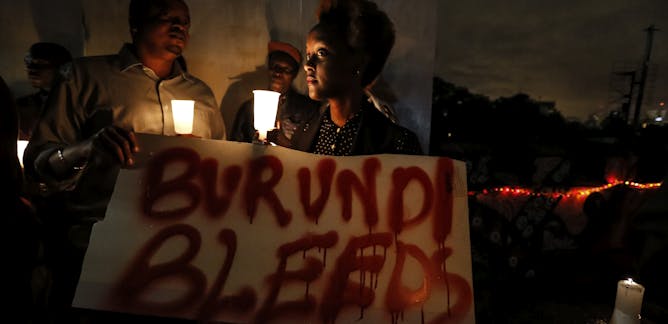
Mimmi Söderberg Kovacs, Uppsala University; Angela Muvumba Sellström, Fondation Maison des Sciences de l'Homme (FMSH) – USPC; Jesper Bjarnesen, Nordic Institute Africa
If the referendum goes President Pierre Nkrunziza's way, it will also be a further blow to ordinary Burundians, who live in a state of hardship and adversity.
| |
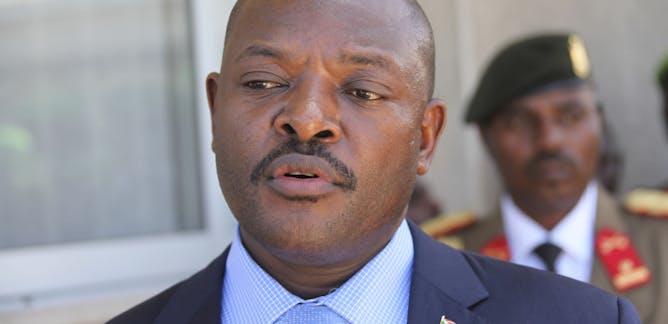
Cheryl Hendricks, University of Johannesburg; Gabriel Ngah Kiven, University of Johannesburg
More leaders in more African countries will abolish term limits unless organisations like the African Union take action.
|
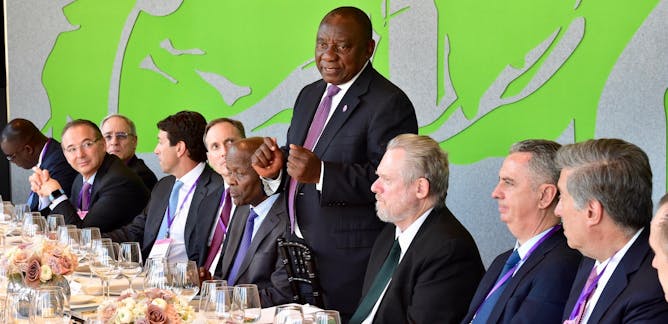
John J Stremlau, University of the Witwatersrand
South Africa's relations with the US could sour under President Trump.
| |
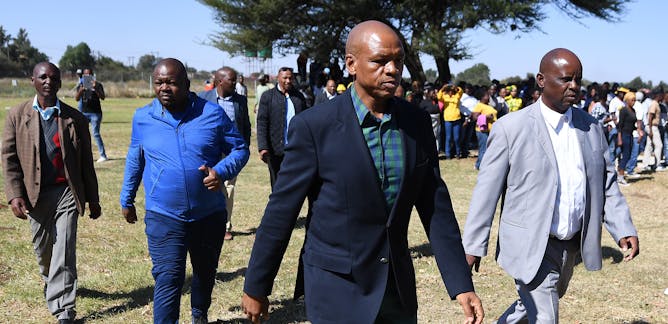
Steven Friedman, University of Johannesburg
The chaos visiting South Africa's North-West province shows that ordinary people in rural areas have got a raw deal from ruling party.
|
|
|
Environment + Energy
|
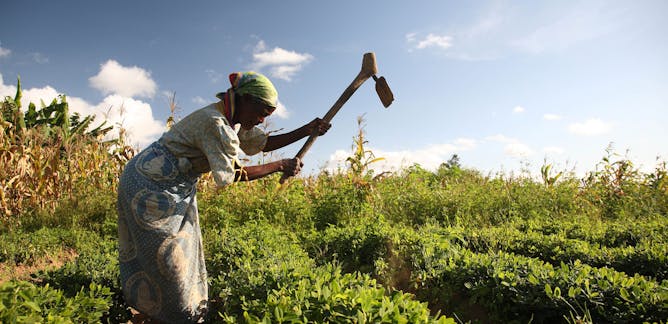
Agnes Andersson Djurfeldt, Lund University
We found that even when women own land, their husbands are still perceived as household heads.
| |
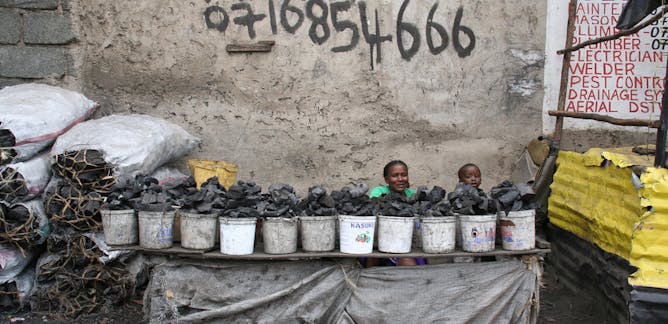
Mary Njenga, World Agroforestry Centre (ICRAF)
There are some big misconceptions about the charcoal sector and its role in environmental damage
|
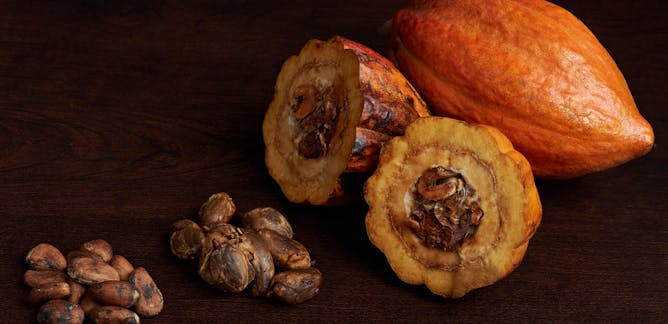
Philippe Vaast, World Agroforestry Centre (ICRAF)
Shade trees buffer cocoa plants from heat and water stresses, and create conditions that benefit their growth.
| |
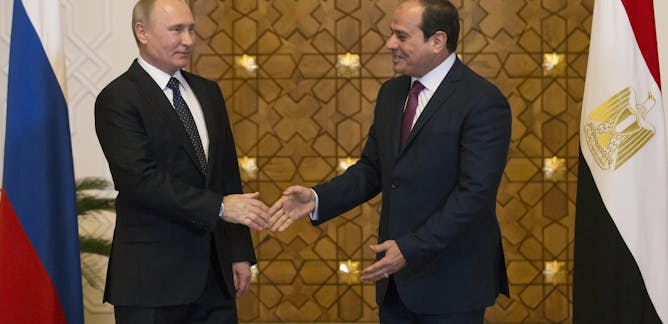
Hartmut Winkler, University of Johannesburg
Are there cheaper alternatives to nuclear power to alleviate energy shortages in Africa?
|
|
|
Politics + Society
|
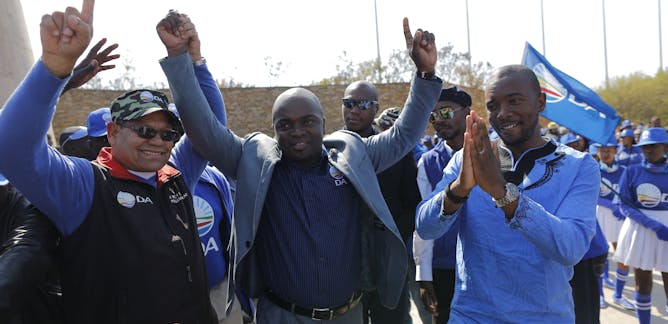
Richard Calland, University of Cape Town; Mike Law, University of Cape Town
South African parties are recognising that coalition politics is now part of the political landscape and is here to stay.
| |
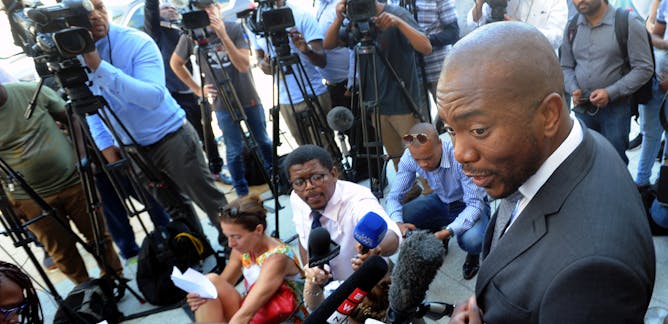
Herman Wasserman, University of Cape Town
The sustainability of the news media is a precondition for good journalism in the public interest. Thus, economic questions should form part of discussions of press freedom.
|
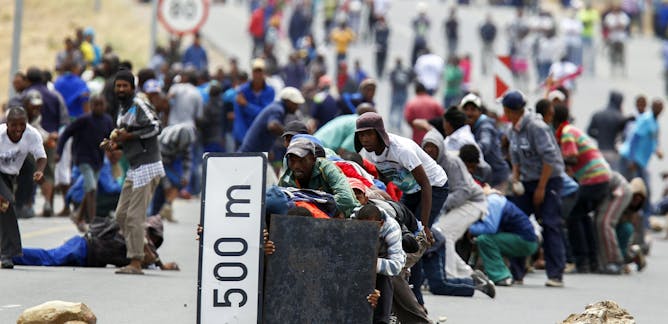
Benjamin Roberts, Human Sciences Research Council; Jare Struwig, Human Sciences Research Council; Narnia Bohler-Muller, University of Fort Hare; Steven Gordon, Human Sciences Research Council; Yul Derek Davids, Human Sciences Research Council
Governing parties and officials need to take note of the frustration being expressed by ordinary South Africans.
| |
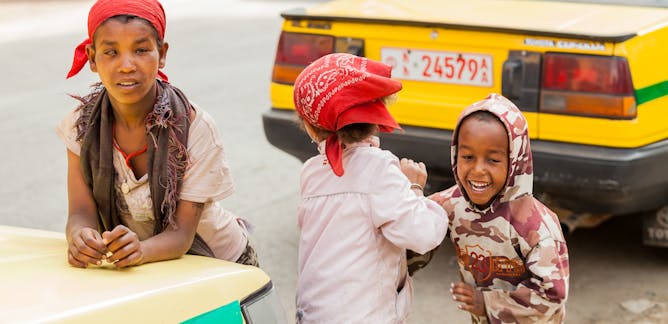
Tatek Abebe, Norwegian University of Science and Technology
As Addis Ababa develops into a modern city, beggars are increasingly being treated like public nuisances and criminals.
|
|
|
Health + Medicine
|
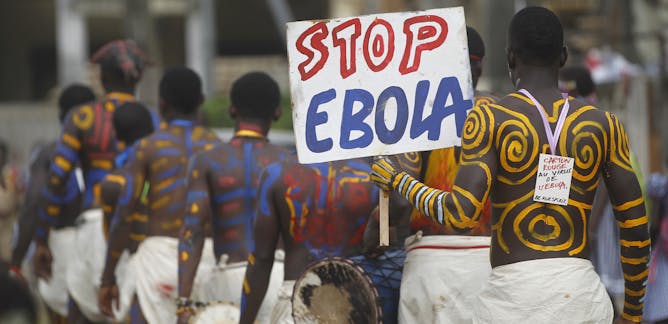
Eric Osoro, Washington State University
The power to overcoming Ebola was in public awareness by performing simple yet basic infection prevention and control measures like washing hands, isolation and reporting suspected cases.
| |
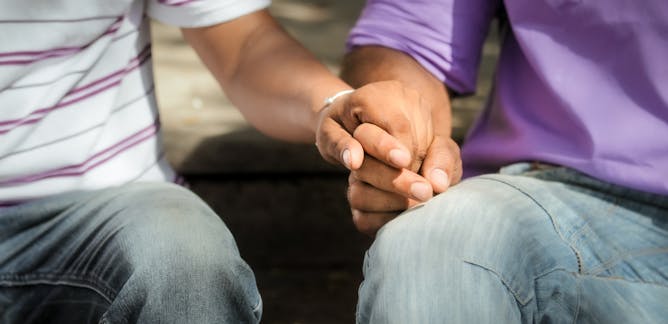
Kate Rees, University of Cape Town; Remco Peters, University of Pretoria
In many parts of sub-Saharan Africa men who have sex with men encounter stigma and prejudice when accessing health services.
|
|
|
Education
|

Lara-Stephanie Krause, University of Cape Town
It's not far-fetched to suspect that the common understanding of the idea of "mother tongues" in South Africa is coloured by outside influences.
| |
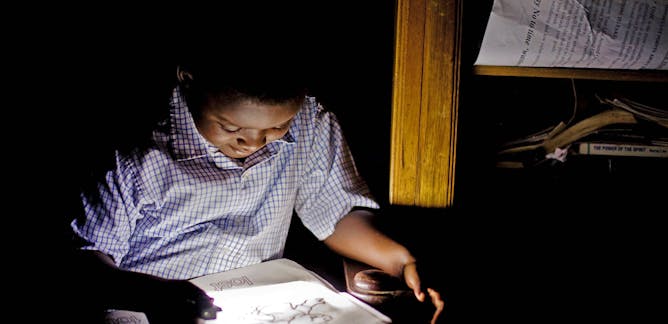
Ingrid Willenberg, Australian Catholic University
Initiatives to tackle South Africa's reading crisis must take the country's realities into account.
|
|
|
Business + Economy
|
-
Melissa Tandiwe Myambo, University of the Witwatersrand
Many scholars argue that attracting migrants is essential to economic competitiveness in a globalising world.
-
Kutlwano Ramaboa, University of Cape Town
African business schools can benefit from the rigourous process offered by global rankings and accreditations.
-
Andrew Gibbs, South African Medical Research Council
Many young South African mothers who deserve to get the child support grant are excluded.
|
|
Arts + Culture
|
-
Babatunde Fagbayibo, University of South Africa
Fela Kuti's critically engaging lyrics, and his intense and methodical delivery, provide an important window to exposing students to critical understanding of the global system.
|
|
Science + Technology
|
-
Daniel Rodriguez, The University of Queensland; John Dixon, Australian Centre for International Agricultural Research; Mulugetta Mekuria, International Maize and Wheat Improvement Center (CIMMYT)
Africa's declaration to boost agriculture on the continent has seem some progress but a lot still needs to be done.
|
|
| |
| |
| |
| |
| |
| |
|
|
|
|
|
|
|